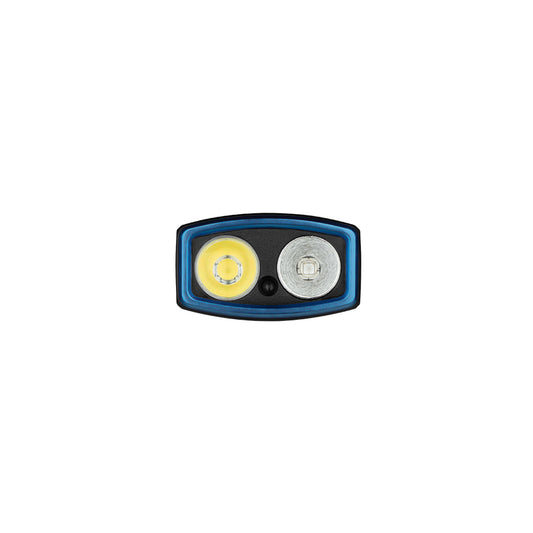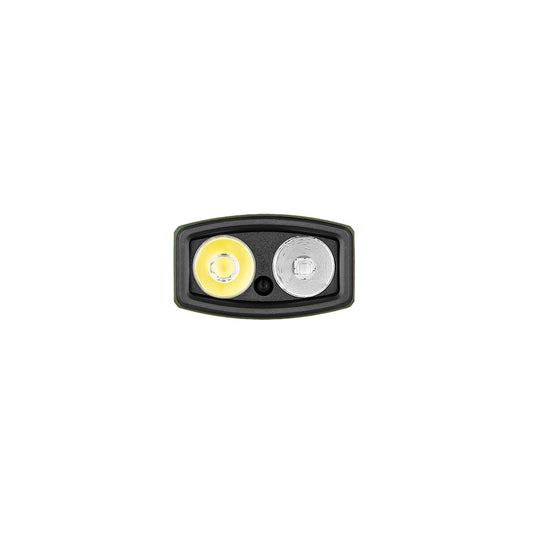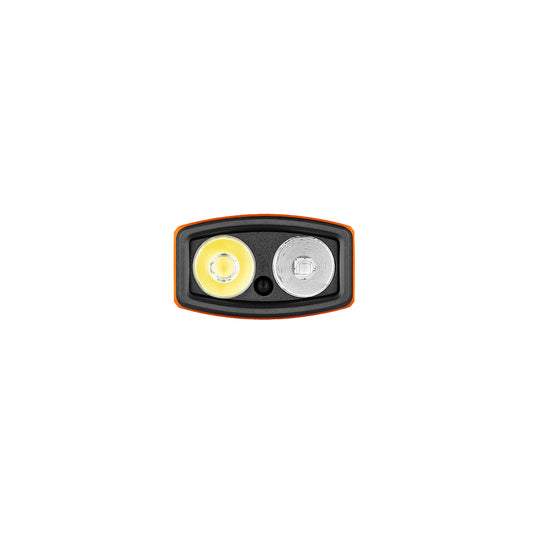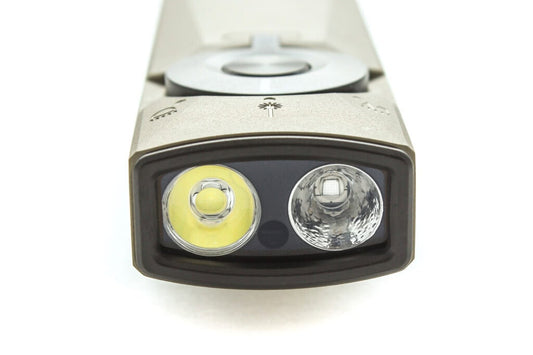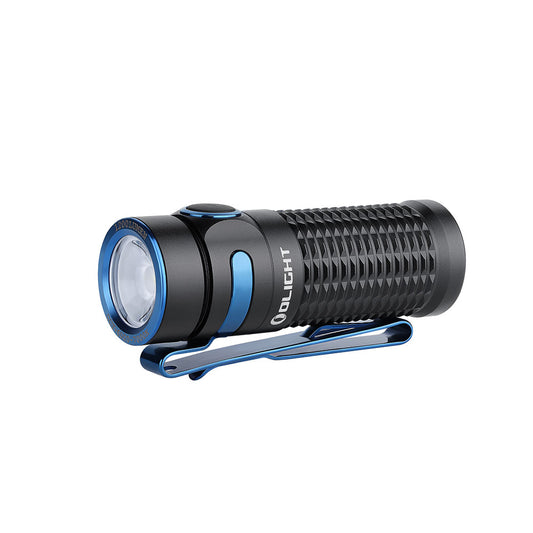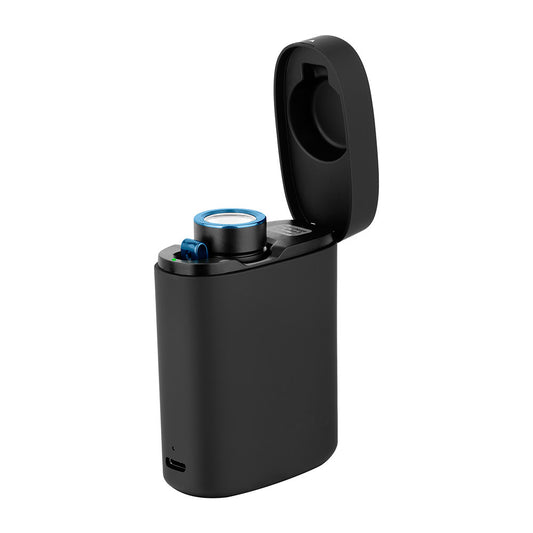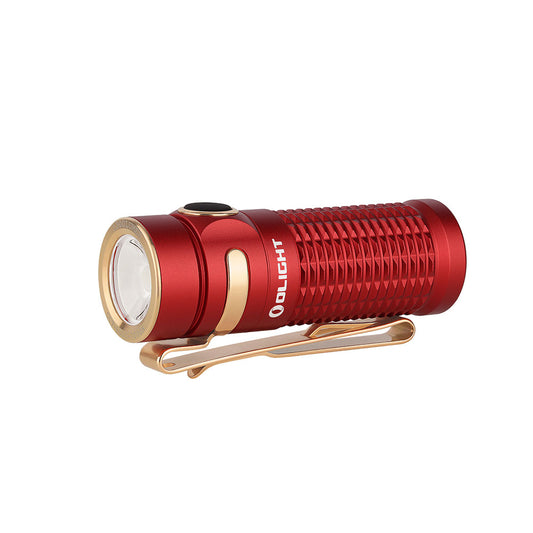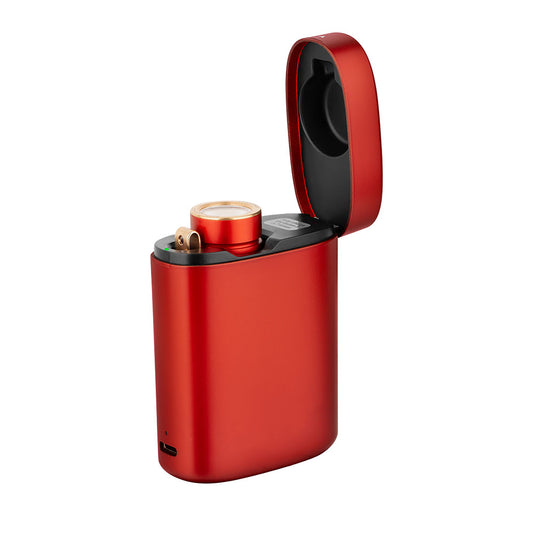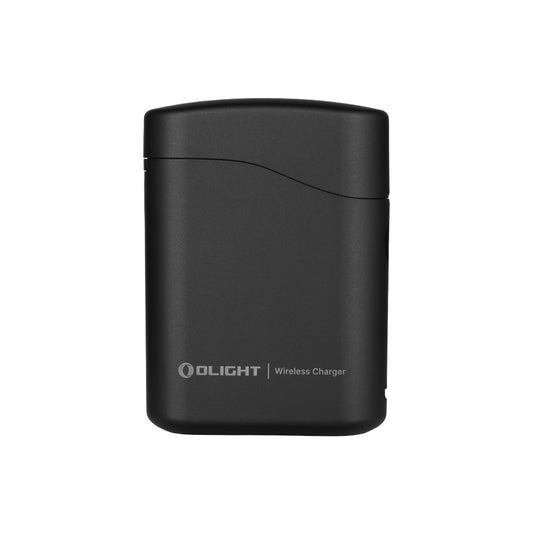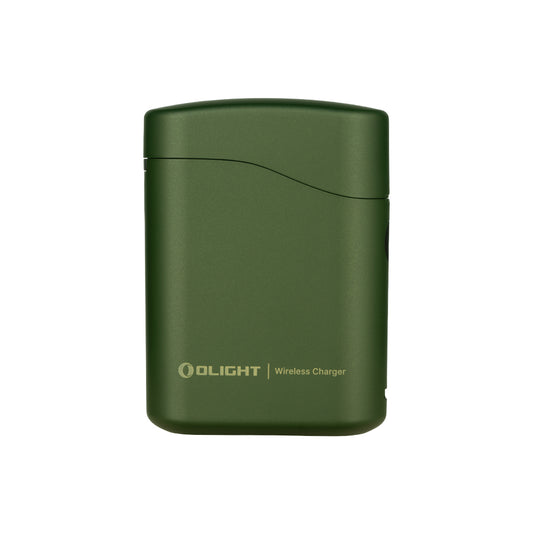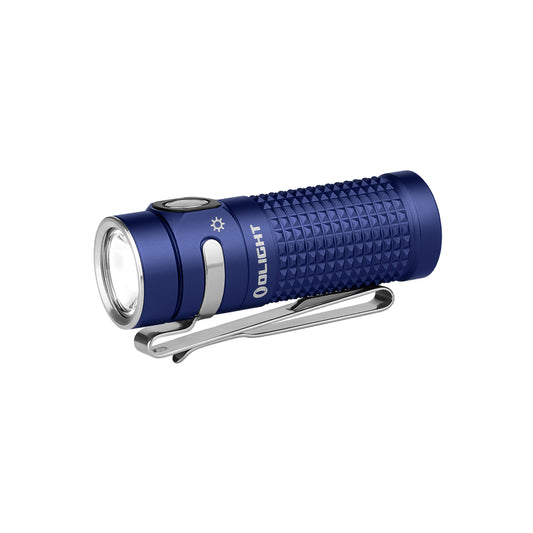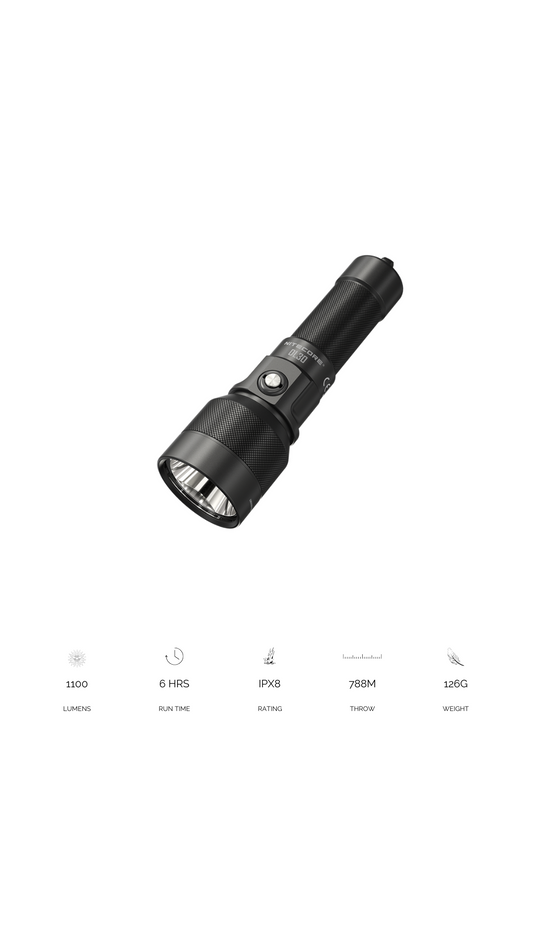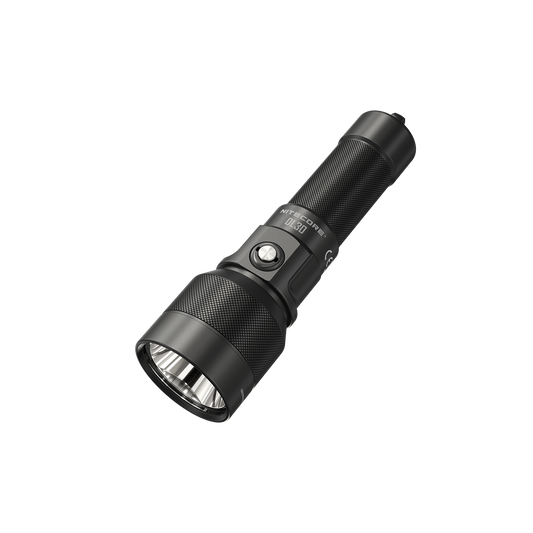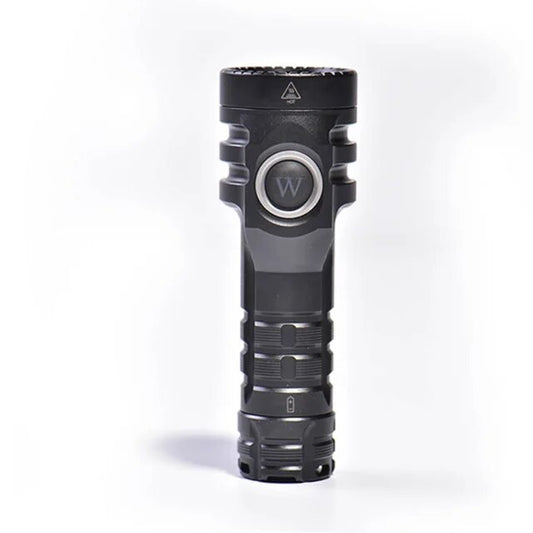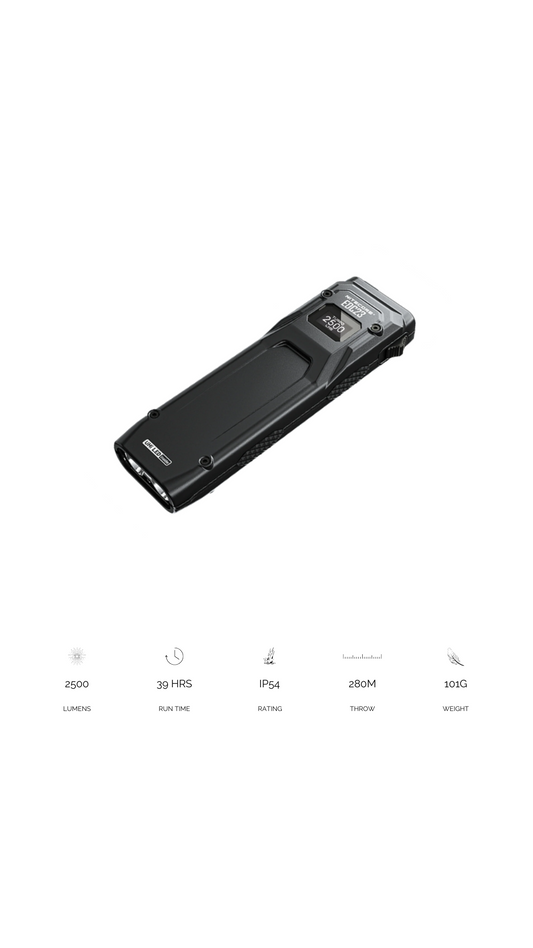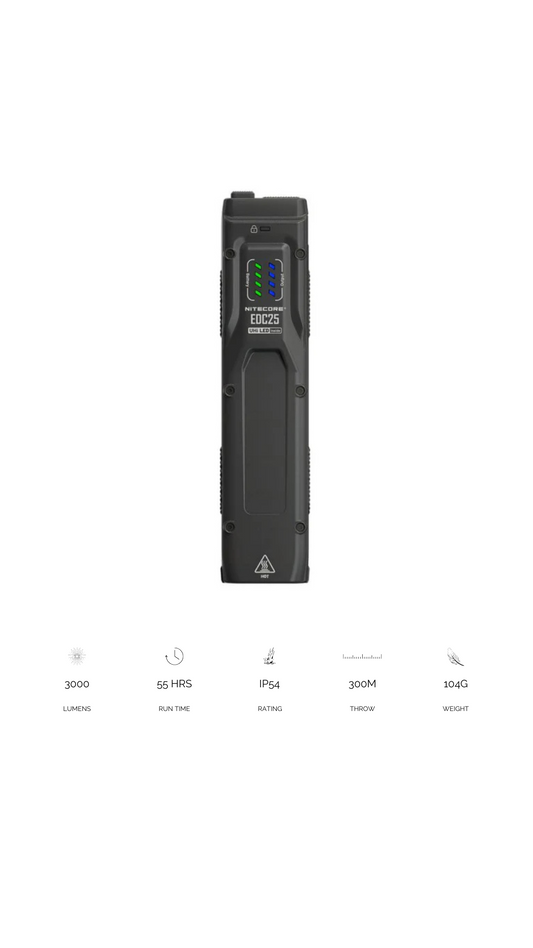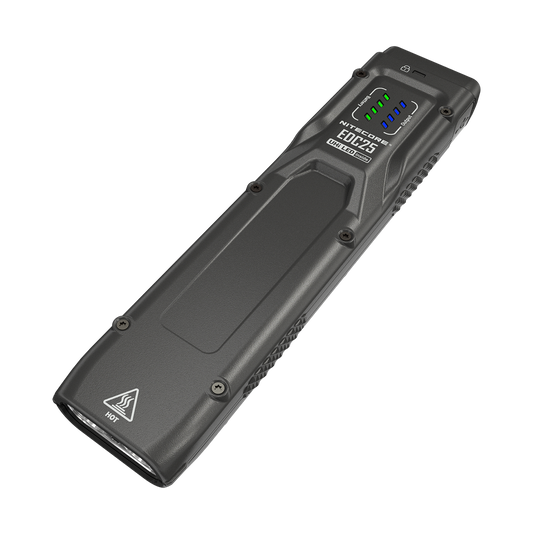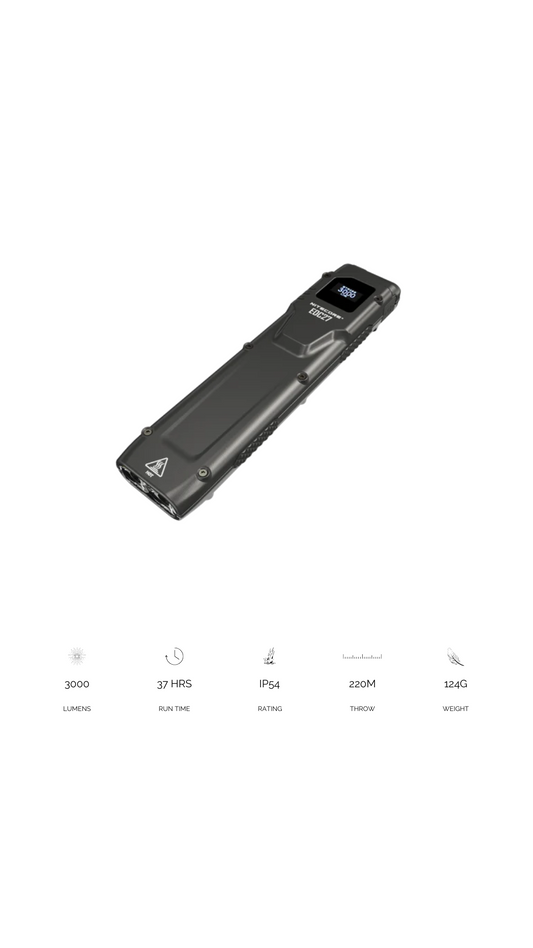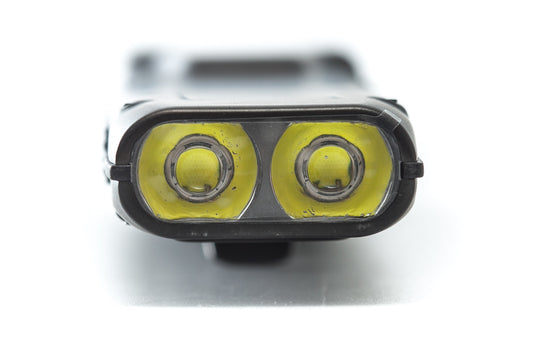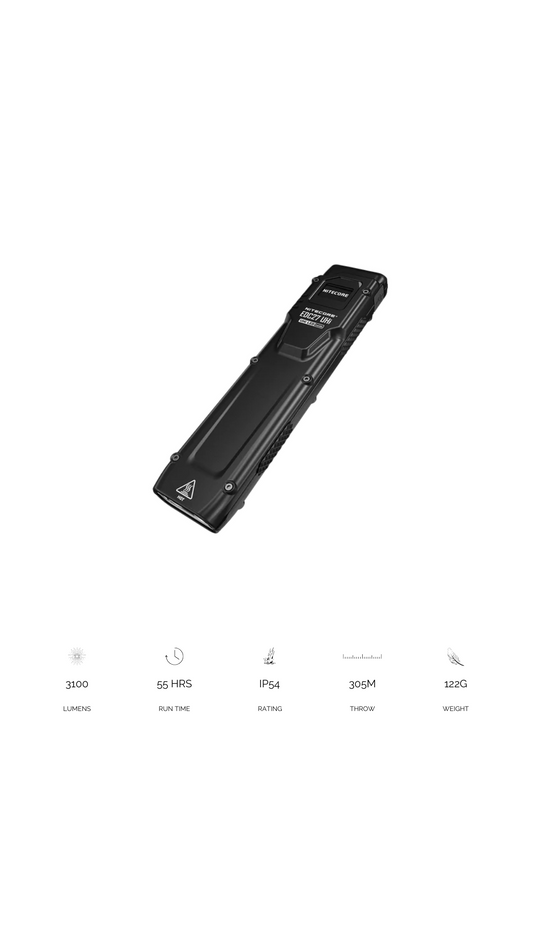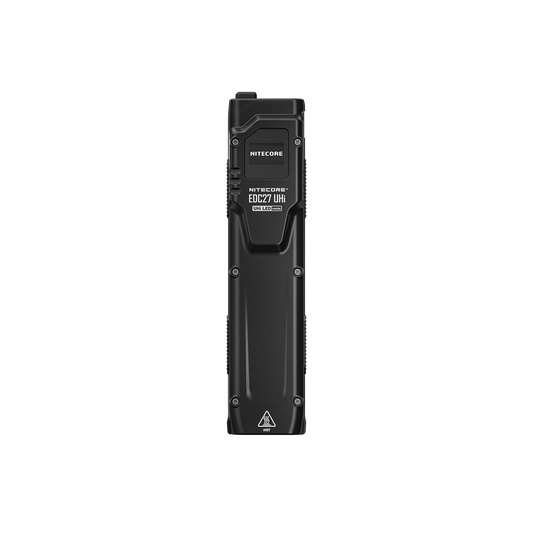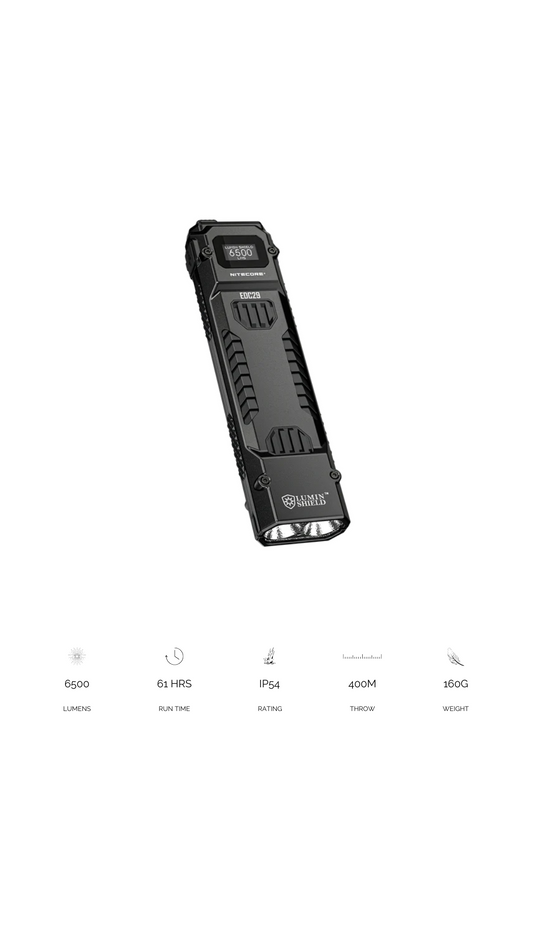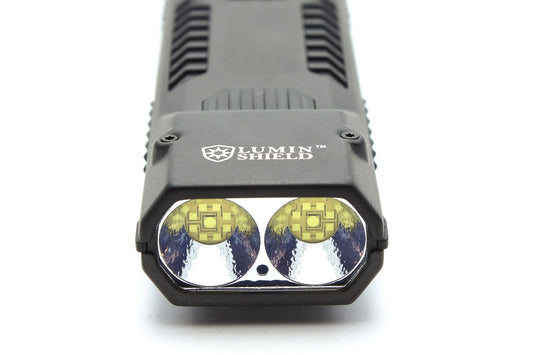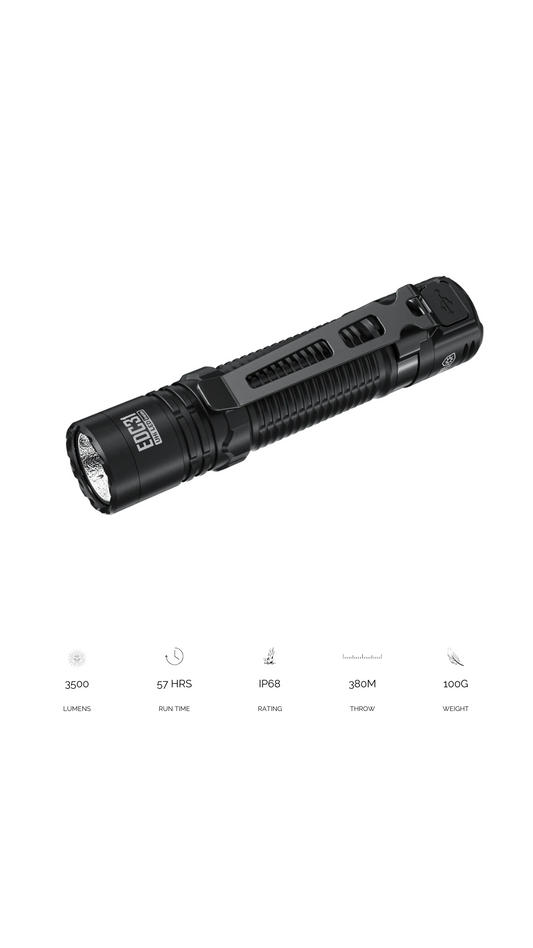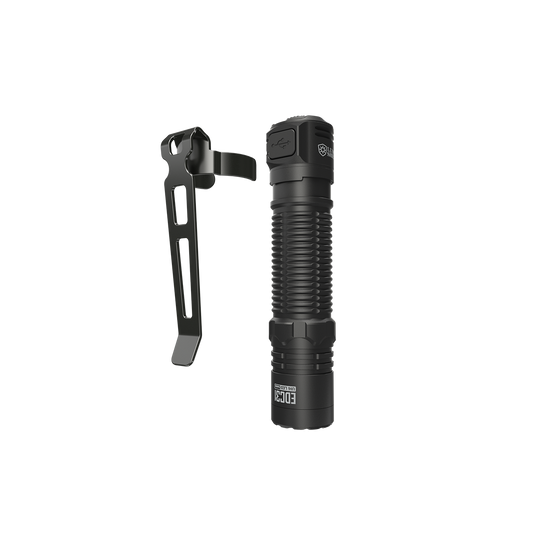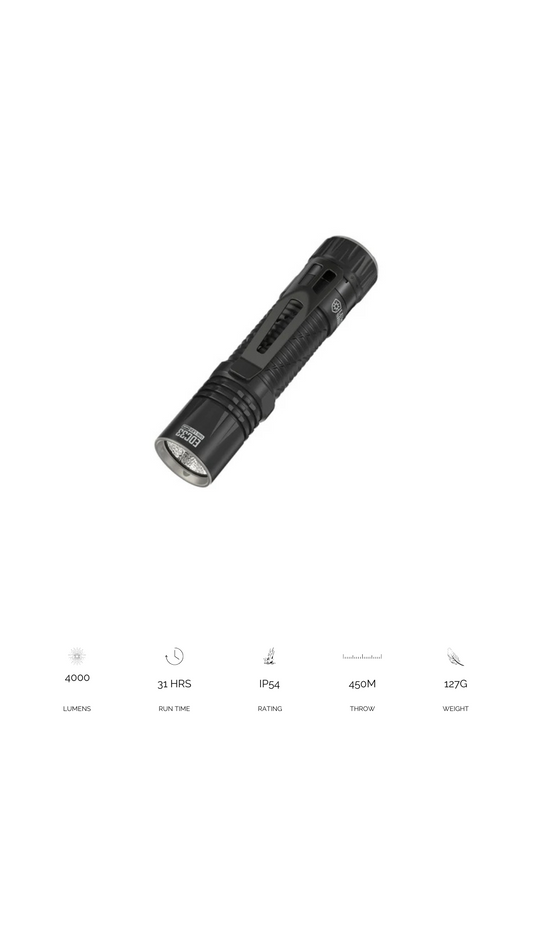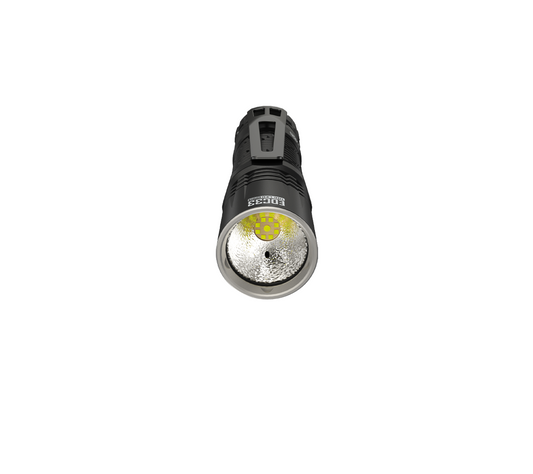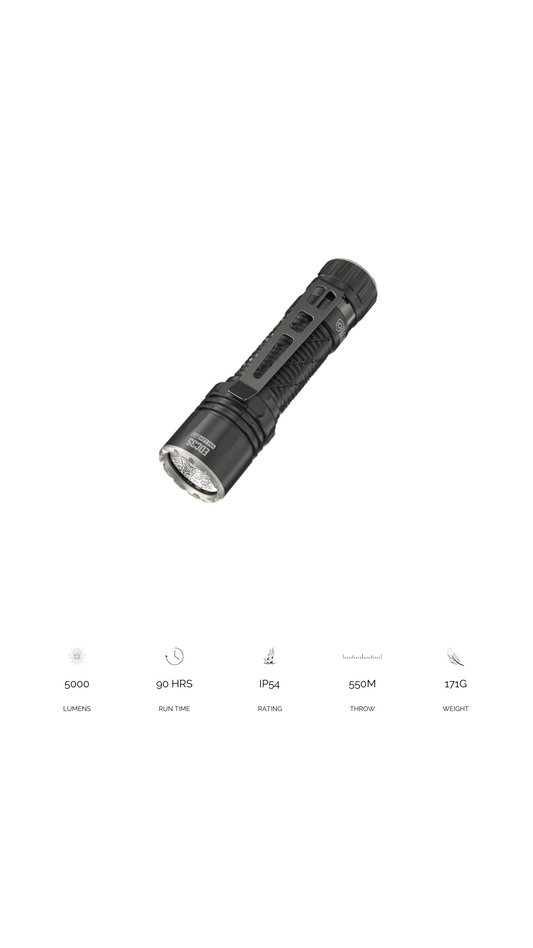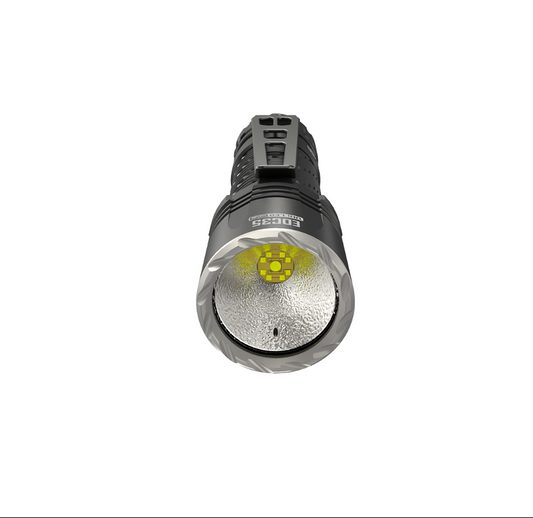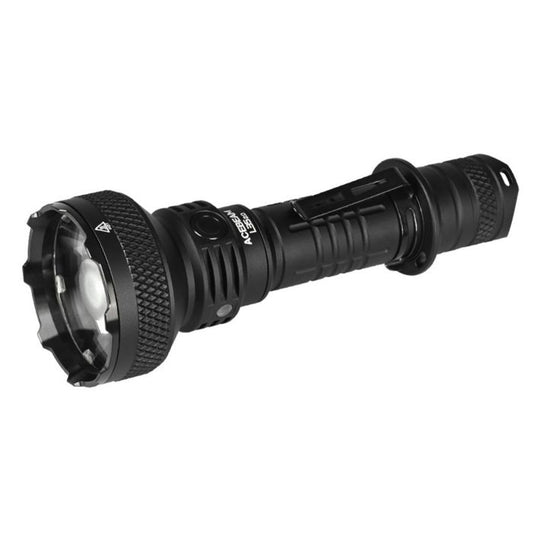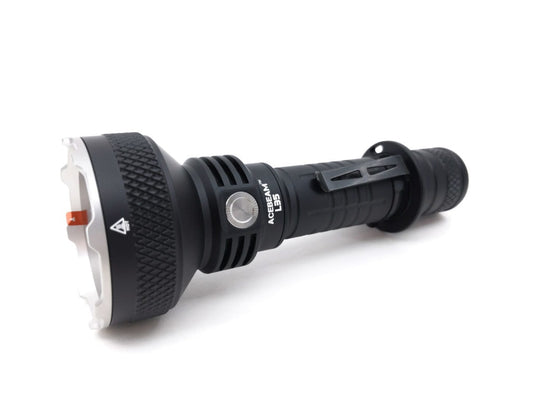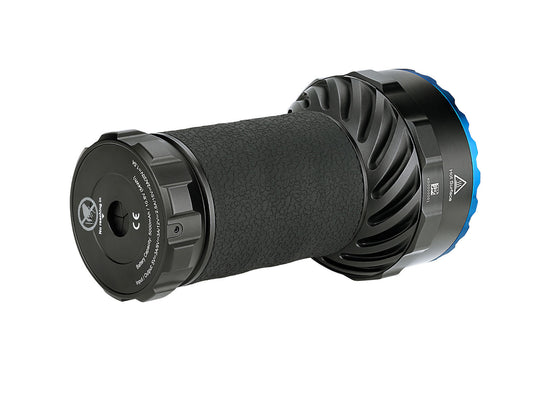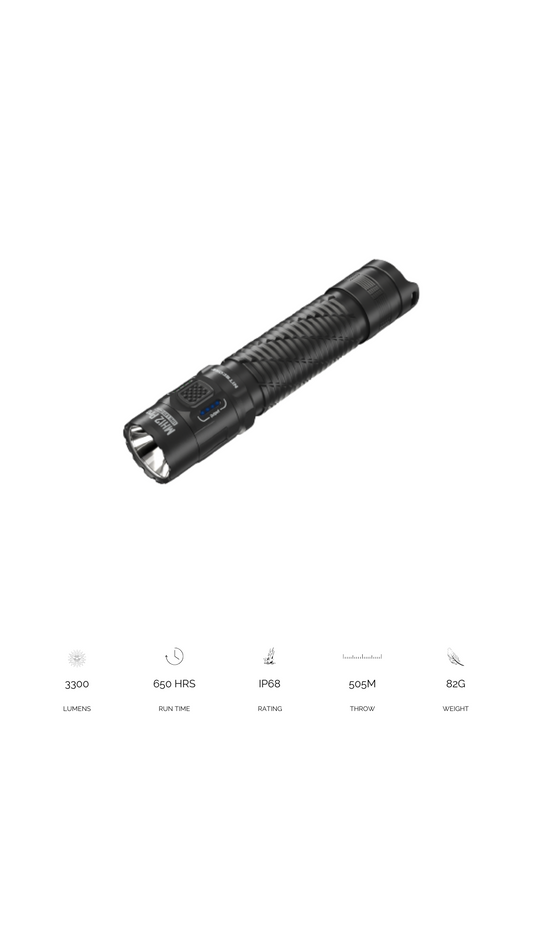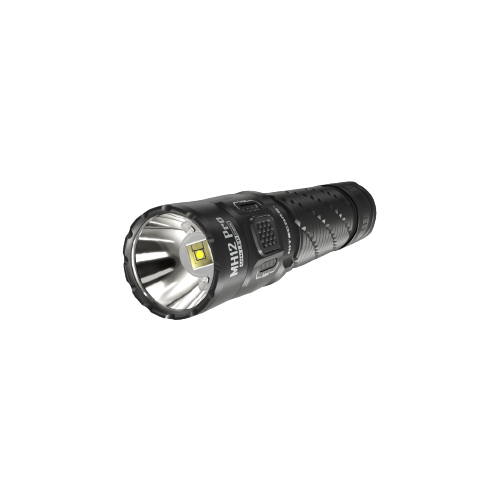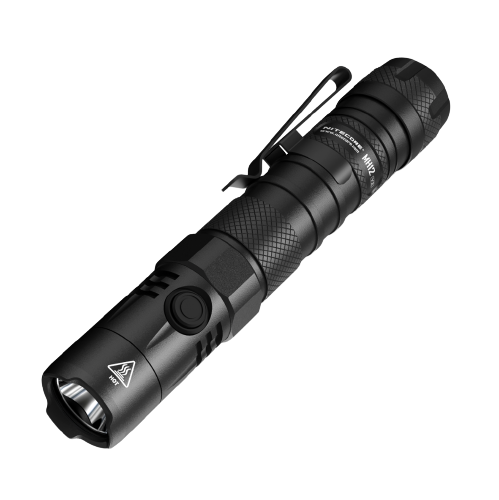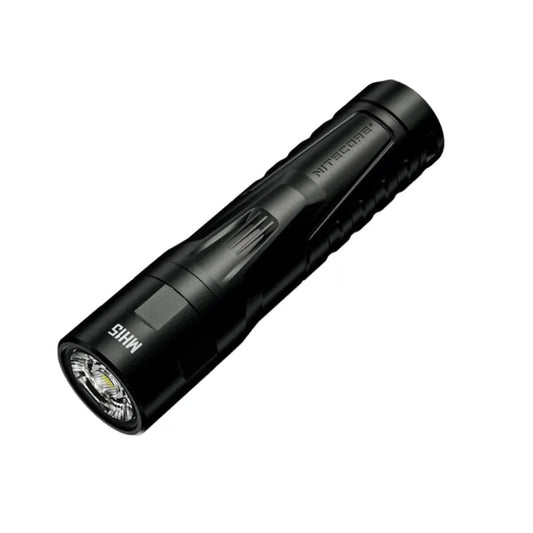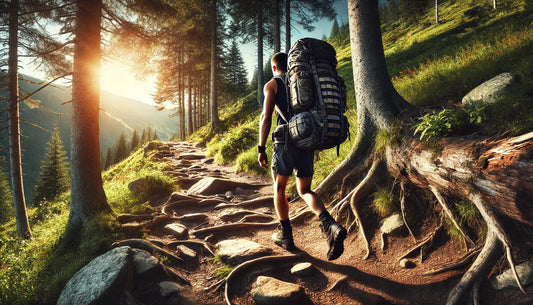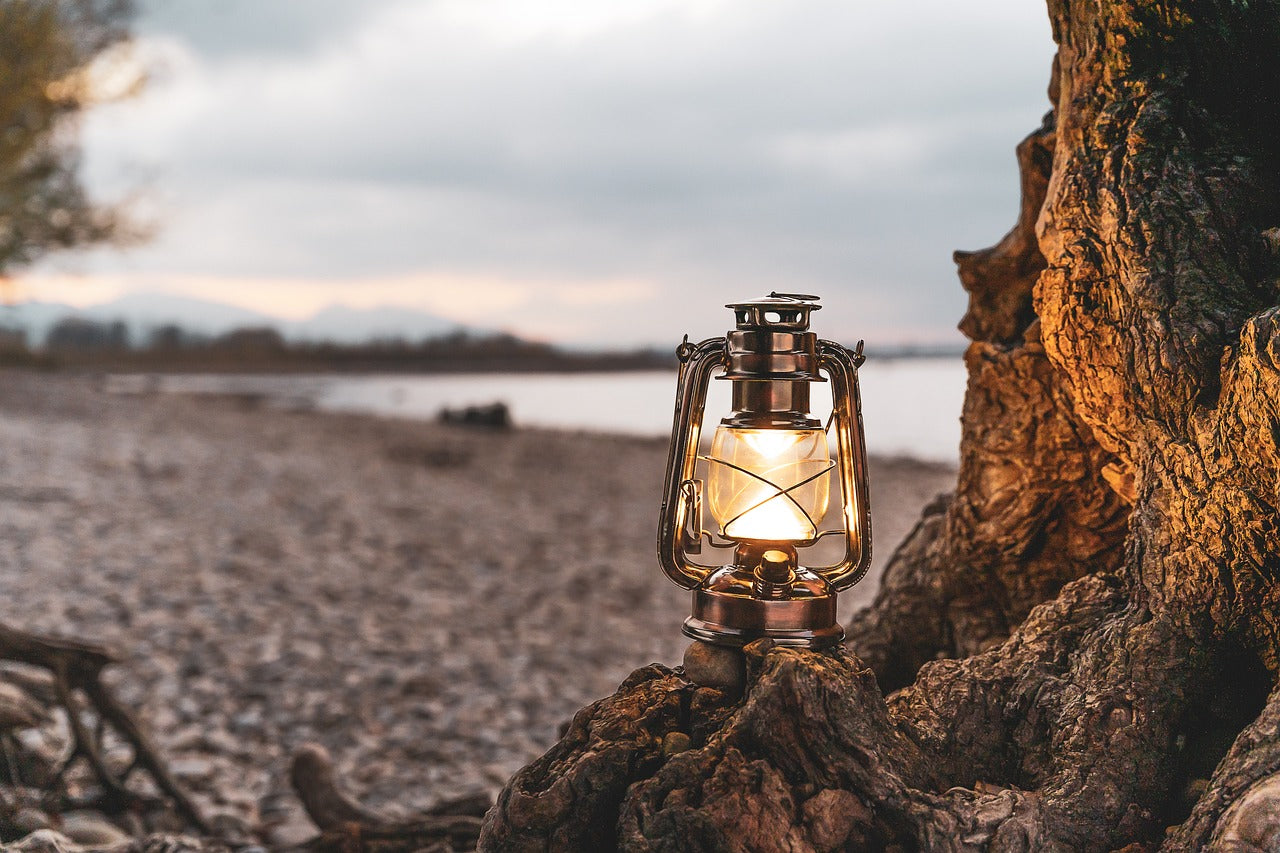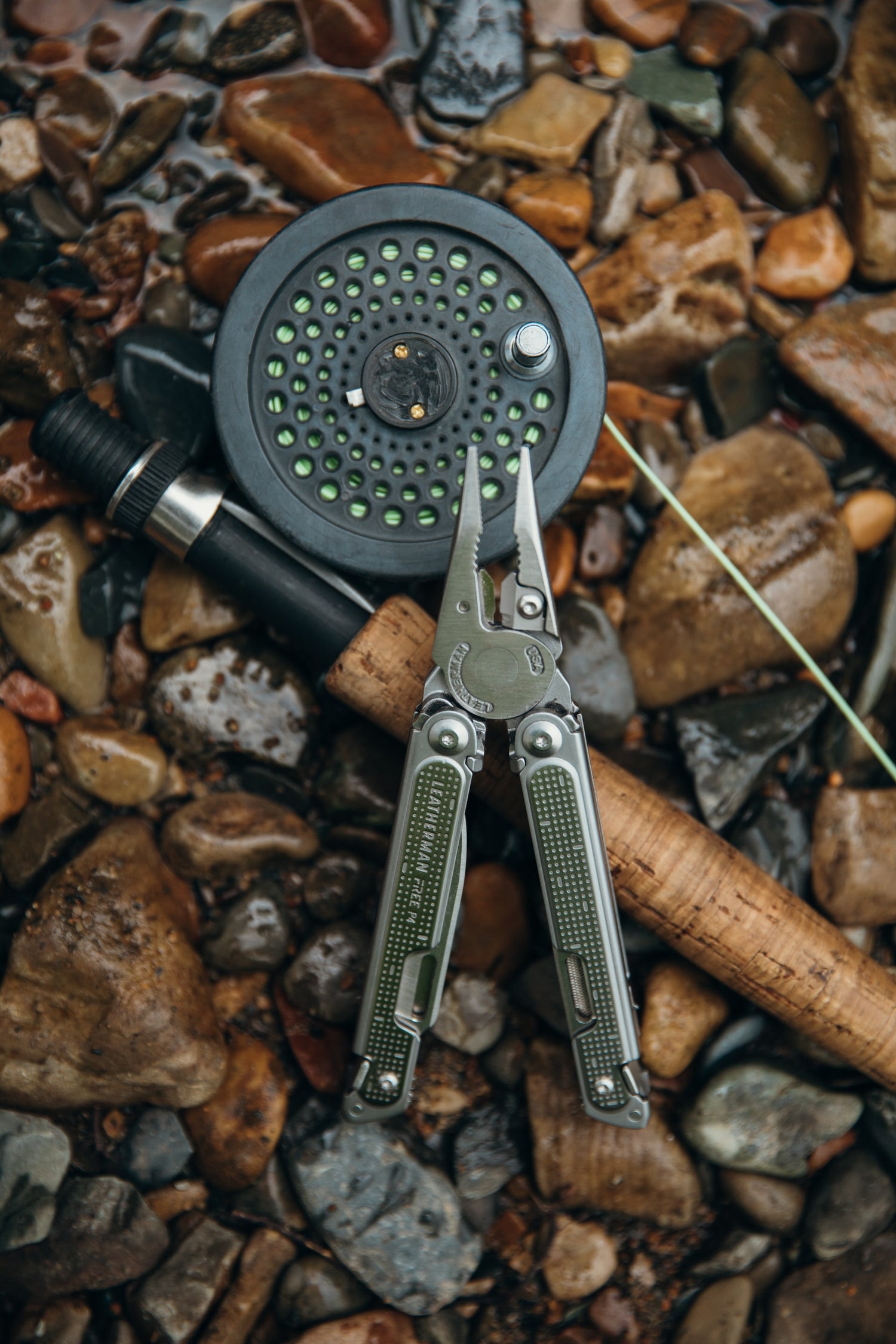
What to pack: Survival at Sea
Not all grab bags are created equal. A packed grab bag is great to have when a emergency strikes but you'll want to be more specific in what you take along should you have the luxury of time and space.
So lets talk about going out into the open ocean. The further away you intend to travel outside of shipping lanes the more shit you'll want to bring along. Of course you should inform the relevant authorities and people that will set of alarms if you're away and uncontactable for to long.
When preparing a grab bag for the open sea, it is crucial to include items that can address both immediate needs and potential challenges you might face during maritime emergencies.

Here is a little list to guide you:
-
Water and Food Supplies: Ensure you pack enough non-perishable food items and water to sustain yourself for at least 72 hours. Include energy bars, canned goods, and high-calorie snacks. Additionally, consider packing a portable water desalinator or purification tablets. You'll need them when the water runs out. Make sure you bring a can openner of sorts.
-
Navigation and Communication Tools: Include a waterproof, battery-operated VHF radio for communication. A waterproof, floating GPS device can help you navigate and signal your location accurately. Consider packing a signal mirror and a whistle as well. You'll need your hands free so make sure everything is strapable.
-
Emergency Shelter and Clothing: Depending on how much you'll want to pack, you may want to include a compact, durable emergency shelter such as a reflective space blanket or a portable tent. Pack extra clothing, focusing on waterproof and insulated layers to protect against the elements. Don't forget sturdy, comfortable footwear. If you are stuck out there and happen to find your self on an island at least you'll have basic shelter.
-
First Aid Kit: A well-stocked first aid kit is essential. Include bandages, antiseptic wipes, seasickness medication, pain relievers, and any personal prescription medications. Ensure the kit is waterproof and easily accessible. Probably one of the most important part of your kit so don't let it fall into the drink.
-
Safety Equipment: Pack essential safety items such as a life jacket, a multipurpose tool, and a sturdy flashlight with extra batteries. A signaling device, like flares or a signal mirror, is crucial for attracting attention.
-
Multi-Tool and Repair Kit: Include a reliable multi-tool for various tasks, such as cutting, opening cans, and fixing minor issues. A repair kit with duct tape, zip ties, and spare parts for your boat can be invaluable.
-
Personal Documents and Identification: Keep important documents in a waterproof pouch, including identification, insurance papers, and contact information for emergency contacts. Having these documents readily available can expedite rescue processes.
-
Emergency Blankets and Warmth: Pack thermal blankets to retain body heat in case of exposure to cold temperatures. A hand-cranked or solar-powered emergency radio can provide weather updates and additional information.
- Dry Bag: Having a sturdy and fully waterproof bag won't only keep your items dry but can olso be use as a floatation device.

Remember to customize this list based on the specific characteristics of your vessel and the duration of your open sea journey. Regularly check and update the contents of your grab bag to ensure everything remains in good condition.
One thing i do want to add is if you're in the drink at night, try not to flash your light into the water to much. Light attracts little fish, and those attract bigger fish. Catch my drift.
In summary, a well-prepared grab bag for the open sea should cover essential needs such as sustenance, self defense, navigation, shelter, medical care, safety, repairs, identification, and warmth.


